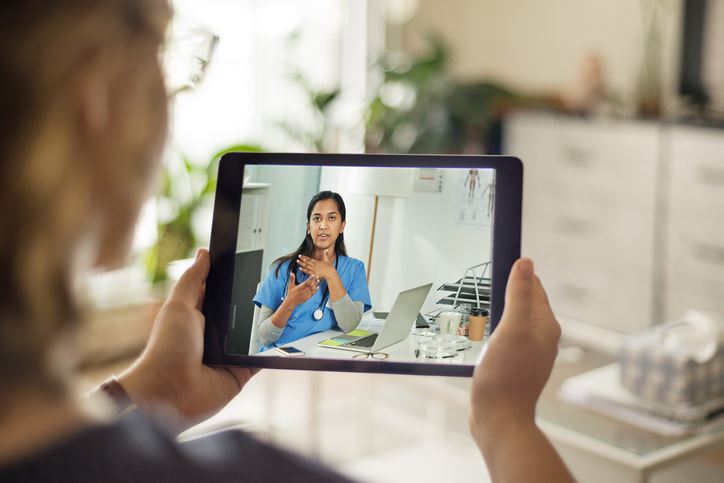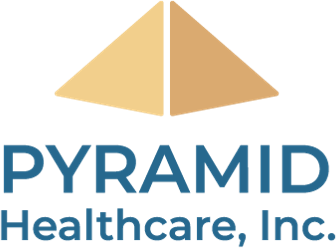Maintaining Sobriety During COVID-19

The COVID-19 pandemic has impacted everyone, including people with mental health disorders. Symptoms of anxiety and depression may worsen during this time. This can be difficult for people in addiction recovery, as anxiety and depression often co-occur with substance abuse.
Addiction is often referred to as a disease of isolation because it impacts people’s ability to form and maintain healthy relationships. Much of treatment and recovery takes place in a group setting. Dealing with isolation can be challenging for people in addiction recovery and may heighten feelings of stress, worry, and anxiety. All of these feelings can trigger substance use.
If you or a loved one is in recovery, learn how to stay focused on your sobriety through COVID-19 and manage symptoms of anxiety and depression.
Avoid Relapse Triggers
Negative emotions can be triggers for relapse, so it’s important to focus on what you can do to improve your mental health during COVID-19. Here are some tips to help you stay positive.
- Limit exposure to social media and the news. Focus on getting your information from reliable sources.
- Take care of yourself and your physical health.
- Try a new hobby or activity.
- Maintain a schedule and routine to keep busy.
- Stay connected to your support system with phone calls and video chats.
Related Post: Relapse Prevention Strategies
Take Advantage of Online Resources
Staying connected during the COVID-19 pandemic is one of the best things you can do for your mental health. Fortunately, technology and online resources make it easy to interact with people. Online meetings, forums, and chat apps are a great way to engage with other people, including those who are also in recovery.
There are many apps and podcasts that can support you through recovery. Take this time to listen to a new podcast or download a meditation app. Check out five recovery apps we recommend as well as some of our favorite recovery podcasts.
Stay Involved in Therapy and Support Groups
Social distancing doesn’t have to mean social isolation. Participation in group meetings can reduce feelings of loneliness and help prevent relapse. Recovery support groups like Alcoholics Anonymous are meeting online. Online group meetings can’t take the place of face-to-face meetings, but they can help you stay connected to your support network.
Learn more about options for online AA meetings.
If you participate in individual and group counseling, don’t stop attending your sessions. Many treatment providers are able to offer telehealth services, so you can continue to receive the care you need.
Even in times of uncertainty, one thing you can control is your sobriety. Make recovery your priority. If you are currently in treatment, continue to participate. Don’t be afraid to seek help if you relapse or your mental health symptoms worsen.
Pyramid Healthcare is open and accepting new clients, leveraging teletherapy capabilities to deliver treatment programs. If you or a loved one is struggling with a substance use or mental health disorder, call our 24/7 admissions department.









